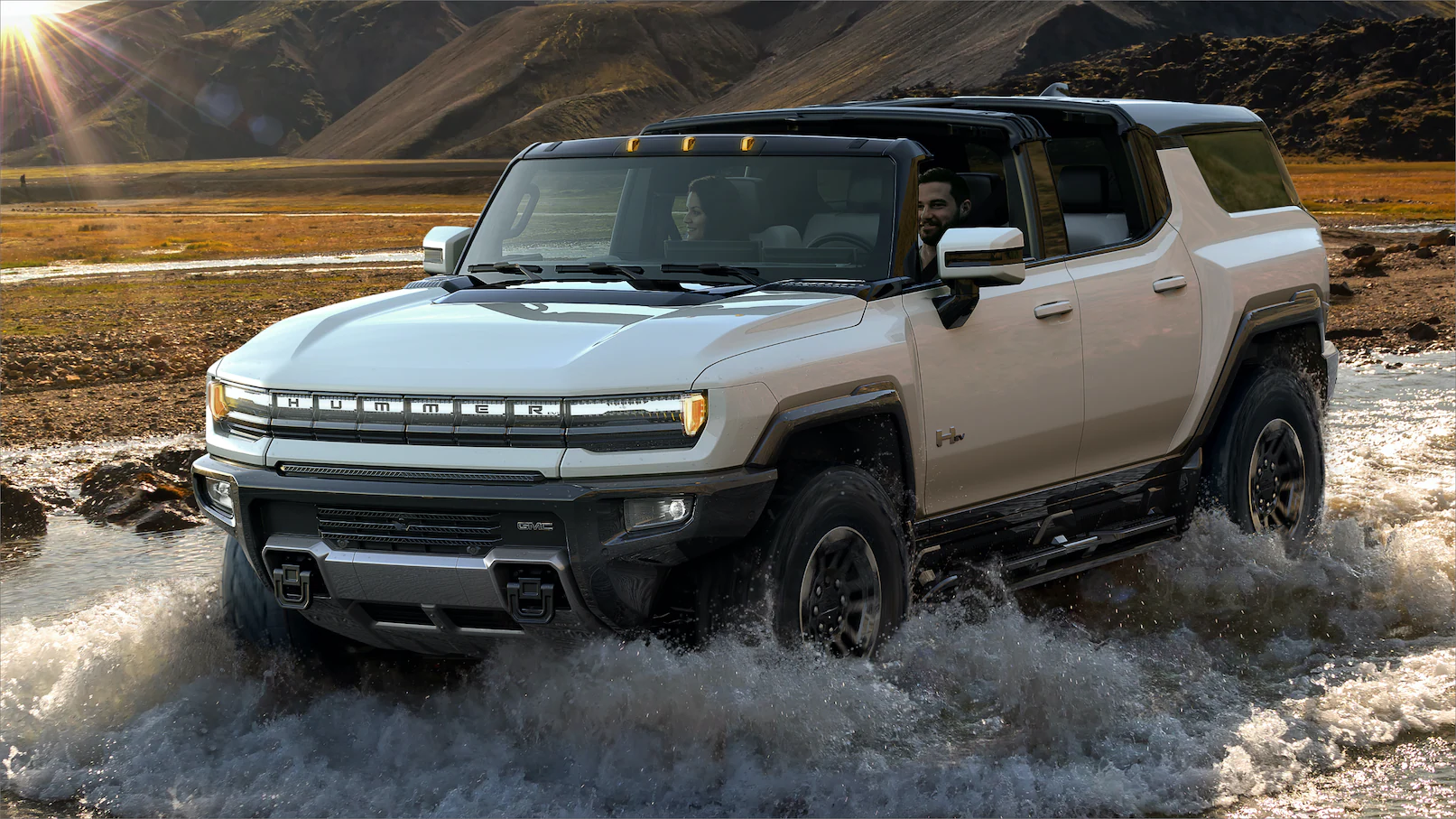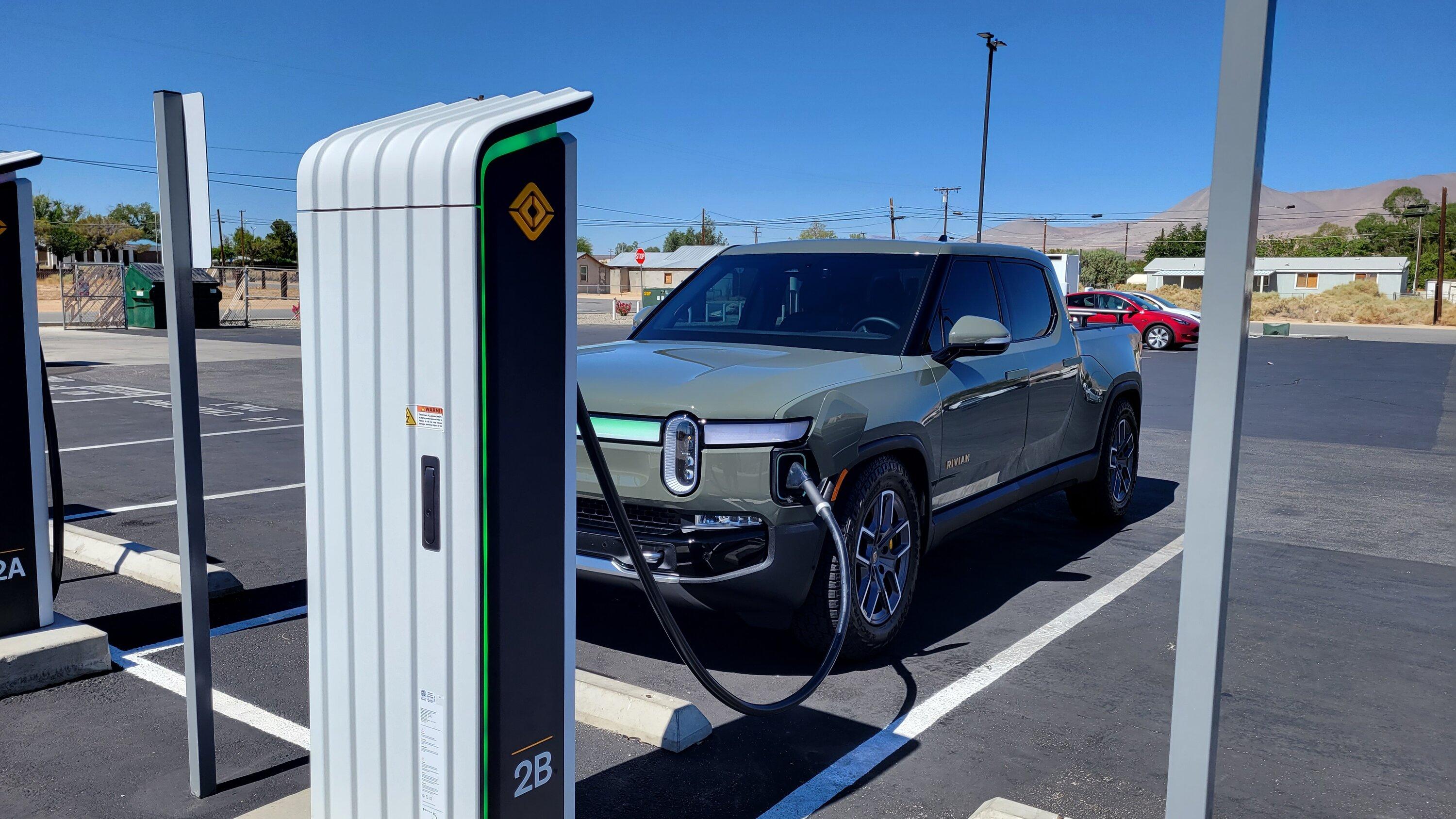As electric vehicles (EVs) gain popularity, many new owners find themselves asking: How long does it take to charge an EV? Unlike fueling a gas-powered car, EV charging involves multiple variables—from battery size and charger type to outdoor temperature and power source. This article breaks down the real factors influencing EV charging time and efficiency to help you better plan your daily drives and long-distance travel.
1. Key Factors That Influence EV Charging Time
Battery Size
The larger your battery pack, the longer it takes to charge. For example:
-
A 40 kWh battery may charge fully in 5–6 hours with a Level 2 charger.
-
A 100 kWh battery (e.g., Tesla Model S) could take up to 15 hours with the same setup.
Charger Type
There are three main levels of EV charging:
| Charger Type | Voltage | Typical Power | Time to Full Charge |
|---|---|---|---|
| Level 1 (Home) | 120V | ~1.4 kW | 12–24 hours |
| Level 2 (Home/Public) | 240V | 6–22 kW | 4–10 hours |
| DC Fast Charging | 400–800V | 50–350 kW | 20–40 minutes to 80% |
Note: Charging from a standard 120V outlet can take up to 15 hours or more, making it suitable for overnight home charging but impractical for road trips.
2. How Cold Weather Affects EV Charging and Range
Reduced Battery Efficiency
Cold temperatures reduce battery efficiency, often causing 20–30% loss in range. For instance, the Tesla Model S has shown up to a 30% range drop in sub-freezing temperatures.
Power Loss from Cabin Heating
Winter accessories like seat heaters, defrosters, and HVAC systems can further reduce range:
-
Heated seats: ~6 miles lost per hour of use
-
Full heater/defroster: ~4 miles per hour
3. Charging While Traveling: What You Need to Know
Whether you're road-tripping or commuting, charging flexibility is essential:
-
Portable Level 2 chargers (e.g., with NEMA 14-50 plugs) offer faster charging at campgrounds or RV parks.
-
Public charging networks (ChargePoint, Electrify America, Tesla Superchargers) are expanding rapidly.
-
Always plan backup charging options in case your primary station is busy or down.
4. Energy Use and Driving Style
Your driving behavior greatly affects charging needs:
-
Aggressive driving increases energy consumption, requiring more frequent charges.
-
Stop-and-go traffic or high-speed travel burns more kWh per mile than steady cruising.
5. Charging Time and Cost at Home
Charging at home is the most convenient and cost-effective method:
-
Typical cost: $3–$5 per hour, depending on state electricity rates
-
Total cost per full charge: $10–$20 for a 60–100 kWh battery
-
Best practice: Charge overnight using a Level 2 charger for efficiency
6. Tips for Faster and Safer EV Charging
-
Use Level 2 or DC fast chargers when possible
-
Precondition your battery (warm it up) in cold weather before charging
-
Avoid charging to 100% daily unless needed—stopping at 80% improves battery longevity
-
Keep tires inflated and use eco-driving settings to conserve range
-
Avoid daisy-chaining extension cords—use certified EV extension cords if needed (e.g., EVDANCE offers UL-listed options for up to 40A)
7. Conclusion: Know Your Car, Know Your Charge
Charging an EV is more complex than topping up a gas tank, but with proper knowledge, it becomes second nature. Understand your battery, use the right charger, and adjust for climate and driving habits to maximize performance and minimize downtime.
By planning ahead and investing in the right tools—like a portable EV charger, weather-rated cables, or NEMA adapters—you can enjoy the benefits of electric mobility without the guesswork.








Share:
EV Charging Cost: The Complete 2025 Guide for New and Experienced EV Owners